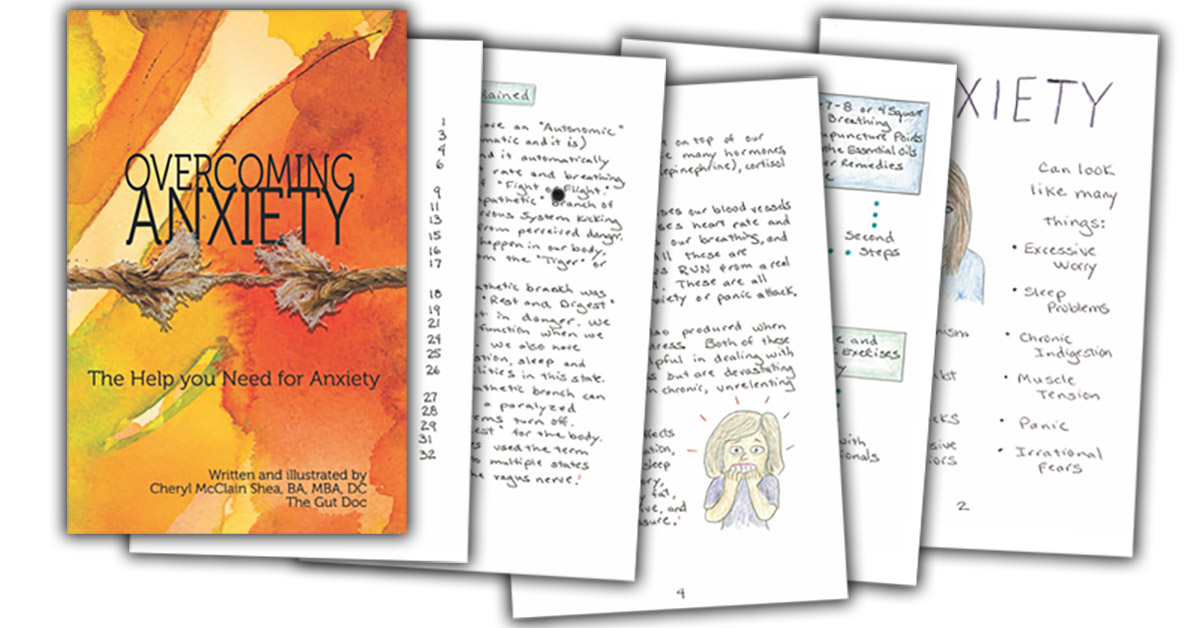In a world increasingly filled with uncertainties, anxiety has become a ubiquitous challenge that many individuals confront daily. But what if one could shift from a state of trepidation to one of profound love and understanding? This article delves into the pivotal teachings of the Baha’i Faith, offering a robust guide that aims to transform fear into love, ultimately leading to the alleviation of anxiety. As you contemplate the teachings ahead, consider this pivotal question: How might your life change if you viewed every anxiety-laden scenario as an opportunity for love and connection?
To navigate the intricate labyrinth of anxiety, it is essential first to comprehend the Baha’i perspective on fear. Fear, in the Baha’i context, is seen as a distorting lens through which one perceives reality. Understanding this distortion allows for a reevaluation of our thoughts and emotions. Thus, the Baha’i teaching urges individuals to cultivate awareness of fear and its origins, enabling a transformative journey towards love and serenity.
One fundamental tenet of Baha’i teachings is the oneness of humanity. Recognizing that all individuals share a common source fosters a sense of interconnectedness, which can serve as an antidote to feelings of isolation often associated with anxiety. This realization invites a more empathetic response to oneself and others, reducing the crippling effects of fear. The Baha’i writings encourage practitioners to engage in acts of service and compassion towards fellow beings, thereby creating bonds of love that help alleviate anxiety.
Next, the Baha’i concept of consultation plays a critical role in overcoming anxiety. By emphasizing collaboration and collective understanding, consultation fosters an environment of support, where individuals can express their concerns without judgment. Such discourse allows for the gathering of diverse perspectives that could illuminate solutions previously obscured by fear. Encouraging open dialogue empowers individuals to transform anxiety into actionable plans, reinforcing the notion that they are not alone in their struggles.
Moreover, the Baha’i teachings on prayer and meditation offer profound tools for managing anxiety. These spiritual practices serve not only as a means of connecting with the Divine but also as a sanctuary where one can find solace and reflection. Regular engagement in prayer provides an opportunity for individuals to express their fears and anxieties, seeking guidance and strength from a higher power. Meditation, on the other hand, cultivates mindfulness, enabling individuals to ground themselves in the present moment. This combination becomes a powerful ally in the quest from fear to love.
Integral to the journey is the Baha’i emphasis on acquiring virtues. Attributes such as courage, patience, and trust become essential in confronting anxiety. Courage enables one to face fears head-on, while patience provides the necessary grace during difficult moments. Trust, both in oneself and in the Divine, creates a foundation that encourages individuals to surrender their worries, paving the way for love to flourish. By nurturing these virtues, one can significantly mitigate feelings of anxiety.
In addition, the concept of transformation through service underscores the Baha’i approach to overcoming anxiety. Engaging in altruistic activities not only enhances one’s connection to others but also serves as a profound antidote to self-centered fears. Activities such as community service, advocacy, and supporting others in their times of distress redirect focus away from personal worries. The fulfillment derived from such actions lays a foundation for inner peace, thus transitioning the individual from a state of anxiety to one of unconditional love.
Furthermore, educational pursuits, a vital aspect of the Baha’i Faith, can be instrumental in overcoming anxiety. Knowledge fosters understanding, and understanding dispels fear. Whether through formal education or self-study of the Baha’i teachings, the quest for knowledge equips individuals with the intellectual tools to comprehend the complexities of life. This understanding, in turn, diminishes anxiety by providing a clearer perspective on the challenges faced, encouraging a proactive rather than reactive approach.
Lastly, the practice of unity in diversity is paramount in addressing anxiety. The Baha’i Faith teaches that differences—be it in race, culture, or belief—should be celebrated rather than feared. Embracing diversity fosters a more inclusive environment where every individual feels valued and loved. This culture of acceptance and understanding diminishes feelings of alienation, thereby mitigating the anxiety that often arises from societal division.
As we traverse through the teachings and principles elucidated in the Baha’i Faith, it becomes evident that the transition from fear to love is not merely an abstract idea but an achievable reality. By embracing the interconnectedness of humanity, engaging in compassionate consultation, harnessing the power of prayer and meditation, cultivating virtues, serving others, pursuing knowledge, and celebrating diversity, individuals can significantly alleviate their anxiety. The essence of these teachings encourages a life steeped in love, innovation, and understanding. Thus, the challenge lies before us: to embrace this paradigm shift, allowing love to permeate our lives in ways that render anxiety obsolete. So, are you ready to embark on this transformative journey? The path from fear to love awaits.
